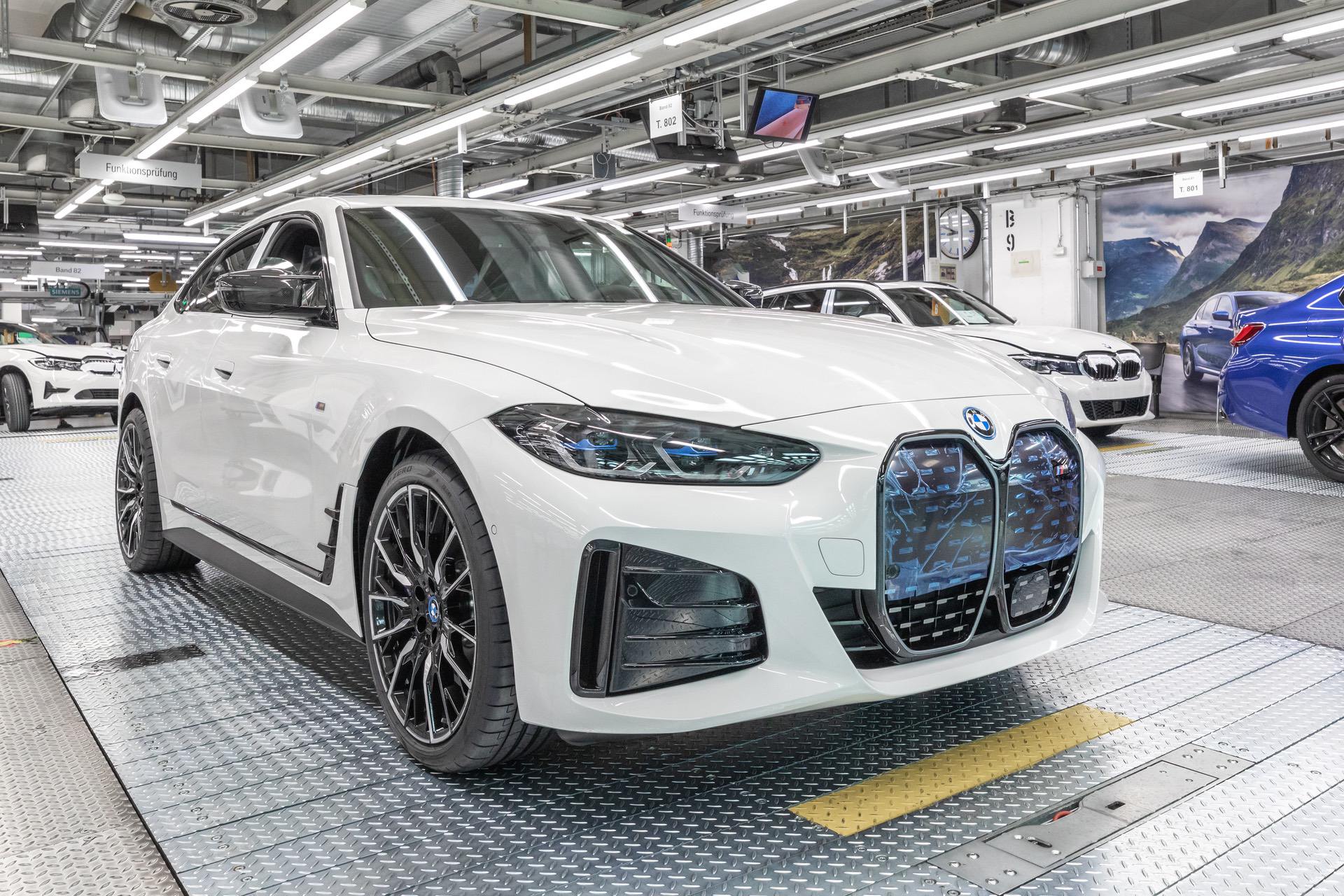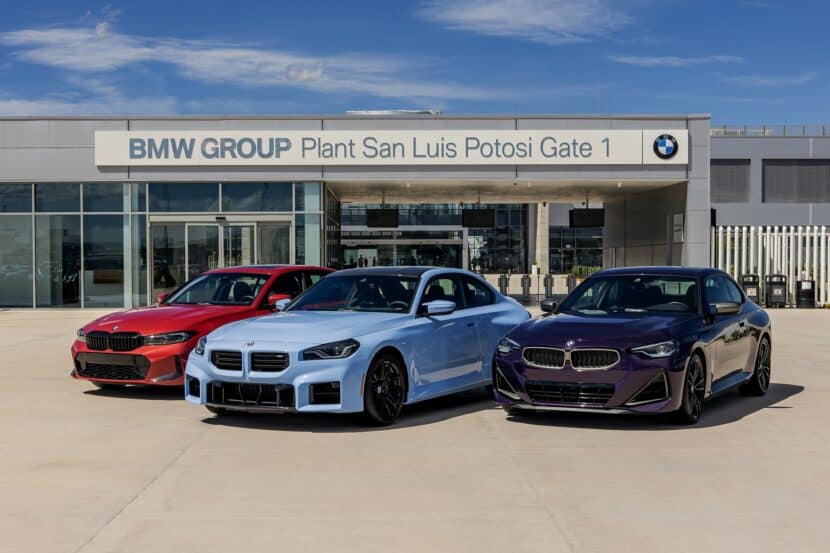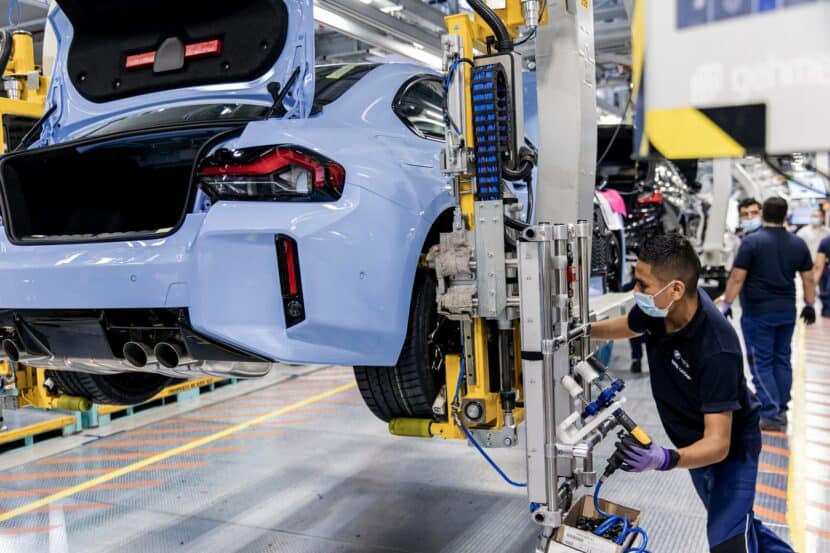BMW Plant Munich has a storied history with the brand. With 100 years of service circa 2022, it’s a bit of a mainstay – not only in the BMW history books but in automotive history. It’s one of the oldest factories in the world, and it has seen a lot: motorcycle production in the 1930s, Isetta production in the 1950s, i4 production in the present, and everything in between. A recent press gathering at the iconic Munich plant highlighted several interesting facts.
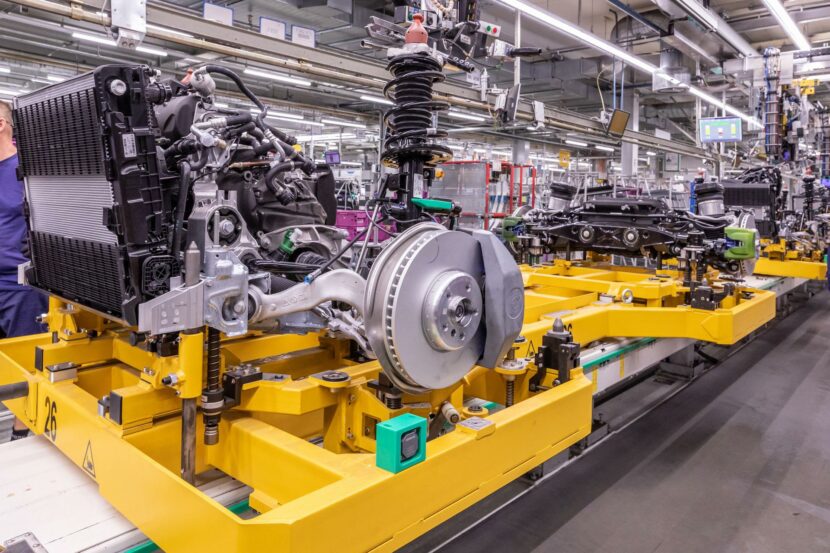
Powertrains and Production Stats
The most produced standalone vehicle at BMW Plant Munich is the i4. While the 3 Series technically boasts greater production numbers, BMW counts each individual body style and drivetrain configuration separately. In order, the 3 Series Touring and M3 models are in second and third place. Impressively, it only took eight days to reconfigure production and attain 98% of their target production level when the i4 assembly started.
Plant Munich also revealed that building a vehicle takes roughly 40 hours. Ten hours are spent in the workshop, followed by another ten in the paint booth. Assembly takes around 12 hours, and eight more hours are dedicated to quality assurance testing. To put that in perspective, building a typical BMW engine takes between 12 and 16 hours. Reflecting the limited availability and exclusivity of the M vehicles, Plant Munich builds only 70 S58 engines per day. Furthermore, Plant Munich rolls out 17 V12 engines per day – These are dedicated to Rolls Royce.
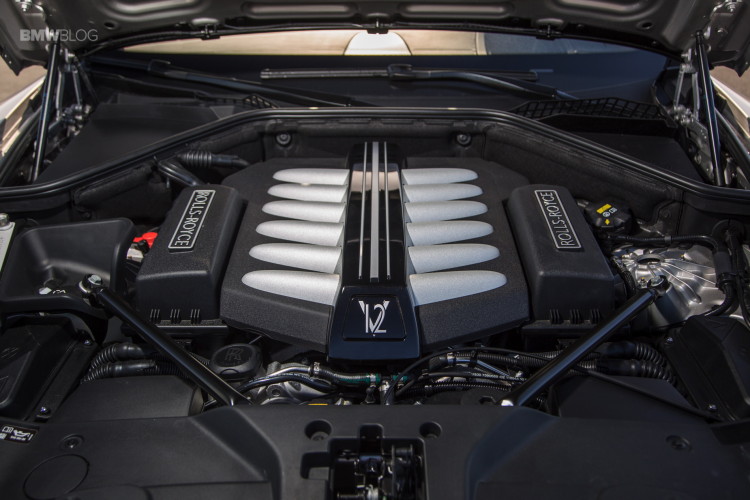
BMW hopes to continue to use its one-line philosophy to build all sorts of powertrain and drivetrain configurations on one line. Building hybrid, full EV, and gasoline-powered engines on the same assembly line is no small task. But using clever timing and more autonomous processes helps streamline that. With 213,000 cars built in 2019, Plant Munich will continue to receive the most cutting-edge upgrades going forward. An interesting tidbit: Only 2 cars of the 213,000 produced were identical.
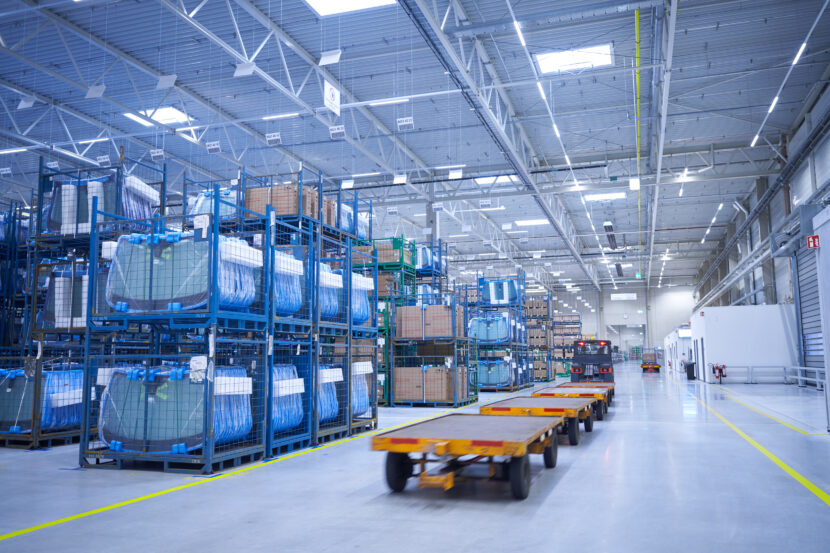
An Emphasis on the Future and Sustainability
After the fallout of the so-called “chip crisis,” BMW considers it a point of pride that their one-line philosophy emphasizes model flexibility and individual car flexibility. Plant Munich allows customers to modify their ordered BMW vehicles with industry-leading flexibility. In fact, ordered vehicles are configurable up to just six days before entering production.
Though this is partially in pursuit of the ultimate customer experience, it also benefits the plant. This focus on model and volume flexibility allows BMW to produce vehicles as the market and supply chain allows. This approach certainly explains how they could carry on production throughout 2021 and 2022 when other manufacturers like Audi and Jaguar needed to press pause.
There are roughly 24,000 different components that make up a BMW vehicle. As such, BMW thought it prudent to institute a degree of sustainability in its production process. Widespread recycling of aluminum in their vehicles saves nearly 120,000 tons of CO2 each year. Processes like these are in place to help Plant Munich reach a rather lofty goal – reducing the CO2 footprint per vehicle over its life cycle by at least 40% by 2030.
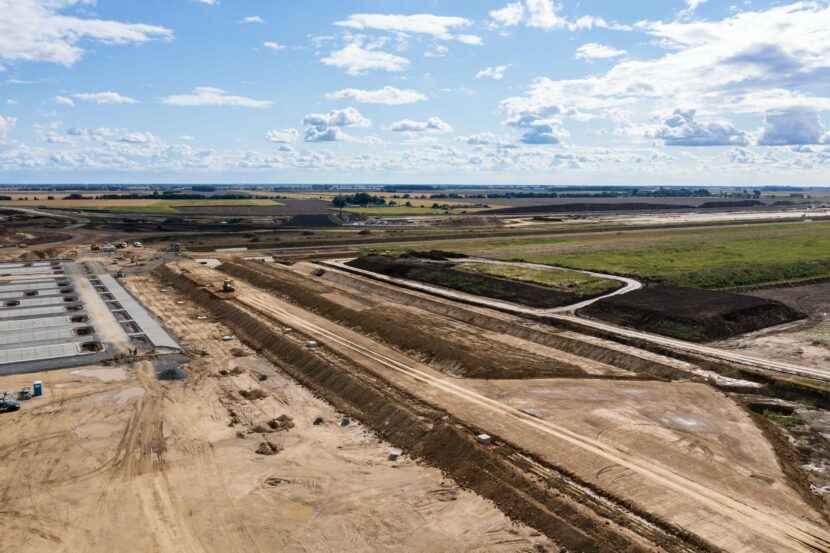
The Roadmap Going Forward: the iFACTORY
As with every other manufacturer on the planet, BMW Group’s current focus is largely on the mainstream adoption of electrification and sustainable production practices. The BMW iFACTORY strategic goal and Omniverse factory planning are integral to this strategy. BMW is planning and engineering for the future, by partnering with tech giant NVIDIA and utilizing their Omniverse 3D design platform. The difference? Most planning programs rely on data input from separate programs, which can be outdated or incompatible. But, Omniverse draws on real-time data and a library of design and planning tools to construct realistic simulations on demand.
The newest BMW plant in Debrecen, Hungary, represents a coalescence of technology. Not only has it been planned and engineered via Omniverse, but it also is the first-ever implementation of the BMW iFACTORY design outside of Munich. This approach carries on Plant Munich’s emphasis on flexibility and versatility, and in Debrecen, that means a focus on local and sustainable power sources and an emphasis on digitalization.
Ultimately, the focus going forward for Plant Munich, Plant Debrecen, and eventually all other production sites can be summarized with three words: lean, green, and digital. These three buzzwords best distill the philosophy behind the iFACTORY. Lean stands for a higher output using less waste and more optimized processes. Green, fairly obviously, stands for sourcing renewable resources and a circular approach to production. Finally, digital represents the increased use of modern technology like artificial intelligence and virtualization.
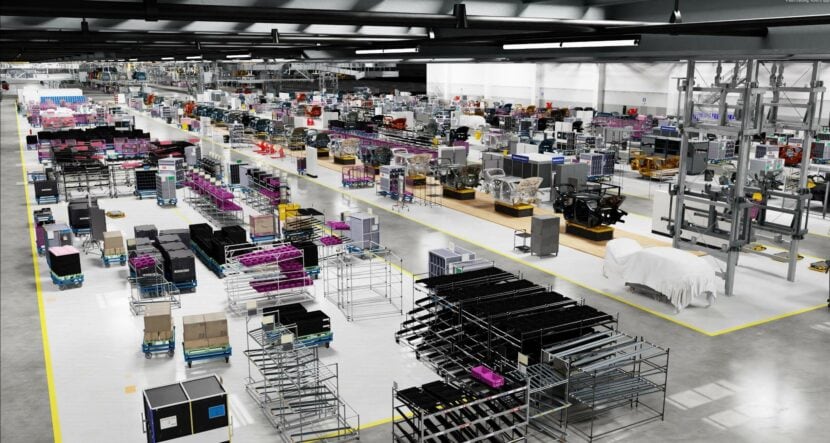
The Future Seems Bright
BMW has taken extensive steps to follow through with its promise of sustainability. It’s a promise that has been much longer-running than most – since before the BMW i3 began production a decade ago. While it isn’t as dramatic or fun as improving 0-60 times or increasing the top speed of the next M5, Plant Munich and Plant Debrecen represent an initiative and commitment that is no less important.


